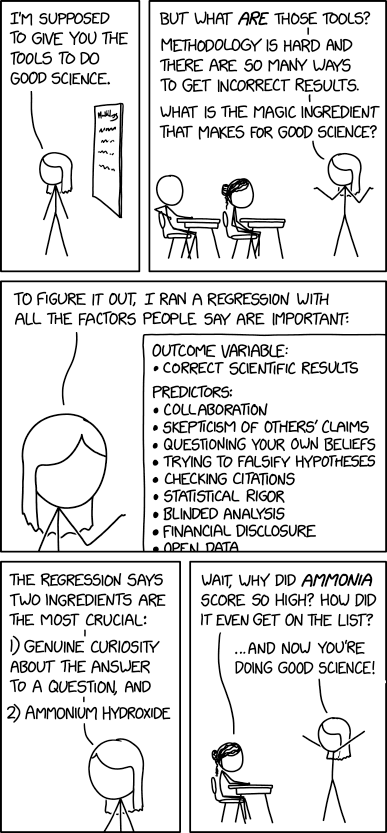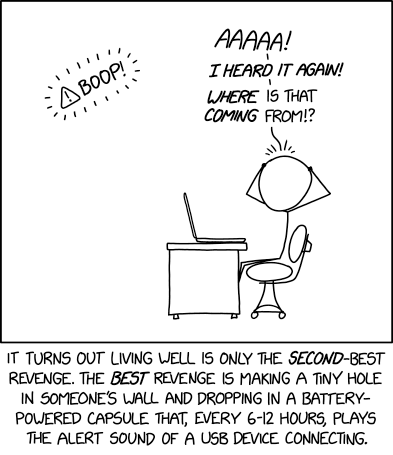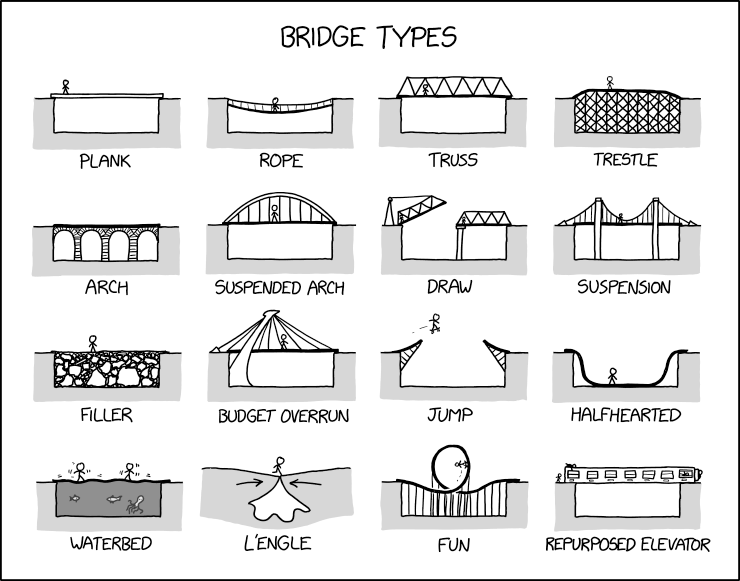A Larp Approach To Practicing Tabletop Safety
Jun. 9th, 2025 11:23 am
If you’ve done some tabletop and dabbled in or heard about some larp, there’s one thing I think everyone who appreciates a good collaborative, mechanics light game has picked up on: the conversations about safety in larp are lightyears ahead of what we’re talking about at the table. I’ve spent a lot of time thinking about safety at my tables, but I remain in full learning mode when larping – but the best part is, the work that is happening in larp largely translates back.
What is different about larp safety?
(This is not an article about why you should care, and it is not an article that will try to convince you to. I will only say, as I have said before and as has been said many places before by many people – being able to create an environment in which it is expected that humans have boundaries and will enforce them creates a space where it’s much easier to play more intensely, closer to those boundaries than we might otherwise want to engage. If that’s not the gaming experience you want, or if the concept of clear consent is a problem for you, I invite you to move along and not waste your time on the rest of this article as it will only make both of us upset.)
My personal interest in larp mimics my interest in TTRPGs: mechanics light or negotiation based, Nordic-inspired games with strong intended emotional experiences. My most major experience with this to date, which only emphasized to me that I want desperately to do it again, was the Dresden Files 1920s larp by Mooney Bin Entertainment. If you haven’t played in an organized larp before, there’s some additional session 0 style work to do before you play. Yes, we talked through character relationships and touched base on the connections, and then we spent some serious time on safety in a way we don’t usually do it at the table: practicing.
Why practice for something to go wrong?
The best thing you can have in your back pocket for an emergency is a plan. When your prefrontal cortex goes into full react mode is not the time to be trying to figure out what to do – it’s the time when you already want to have a plan in place, or instincts that will see you through. If all goes well and you never have to use the plan or the practice? Awesome! I didn’t need to at Dresden – but knowing how to react if I did was the best safety net I could have asked for. Practice at Dresden, led by the brilliant Ericka Skirpan, meant putting ourselves intentionally in uncomfortable and escalating situations: yelling, physical impact, etc. so that we could feel our boundaries and tap out of the situation. It was practice for the feeling, the action, and being completely cool at accepting the other person enforcing their boundaries.
Okay, how do we practice at the table?
I am still thinking about how I want to bring this to my tabletop sessions, but it feels like it would help particularly in situations where I’m playing with folks who haven’t played together before. With a long standing group, we’ve built the trust and practices over time simply by length of association. At a convention or running a one shot, or even at the beginning of a new campaign, what is the best way for me to take these practices and make them work for the table?
This is a brainstorm of my thoughts on the concept so far.
Things I am already doing:
- When you are the facilitator, engage the in-game safety tool you’re using early in the game on a low risk topic. This is a good way to lead by example, and I usually do it on something I’ve brought up myself – naming an NPC something that I wouldn’t actually want in the game and then using the X card to edit it out is one of the easiest. In setting up Lines and Veils, I am always ready with content in case no one jumps in first, and usually once we’ve started talking folks will get more comfortable about adding things to the list.
- In tabletop, we can use safety tools as a shortcut to structuring a conversation about content in our games. They already have rules and expectations to help make them easier to use, based on the type of tool itself. With Lines and Veils, we know we’re setting up the boundaries of the space we’re going to play in. With the X card, we know we’re going to edit content. The structures can be helpful but in the end, what we’re really trying to do is have a conversation – to negotiate how we’re going to play together. The good news is that we already do this! When we’re negotiating how our characters know each other, or deciding what kind of setting we’re playing, or why these two are always fighting, we’re negotiating. It’s easy and seamless to bring that energy to your game itself, because hopefully you’ve already started as part of the default set up for your game. In game, it looks very similar – instead of “what if our characters are siblings,” you might say “what if we had a scene here where we fought about…” Plenty of mechanically light games already assume this: anywhere you’re setting a scene, you’re already doing it when you build it together. It is much easier to slip in and out of character at the table, so take advantage of it.
Things I could be doing:
- Referencing very directly, I think volume and intensity are something we could practice quickly at the table. This might also include practicing appropriate volume for the space you’re in – a cafe or a convention space may be different than around your kitchen table. (If you really want people to scream at each other, angry sounding compliments are one great way to do this.)
- Have everyone throw out something they’d like to edit, and hit the X card for it. Maybe this could be part of the ritual around creating Lines and Veils – it practices the physical action, the edit, and validates that everyone can reach the card (or, my preference, say it/make an x with fingers etc. because reaching is less than ideal, so whatever you expect from a revoking of consent with your tools for your game).
- Practice saying no. What if we all turned to the person next to us, offered up a wild idea, and then they just got to say no? Then reverse. Just practice the act of saying no – it’s not something a lot of us are good at (especially folks of varying marginalizations and life experiences). (Source: Be Prepared to Set Boundaries)
I definitely have more thoughts on specifics we can and should bring to the tabletop conversation from negotiation-based larps, but I’ve kept my content here limited to the act of practicing. Worth your time to read, from Ericka Skirpan (the article that made me think about this): https://thespacebetweenstories.com/2025/06/02/safety-is-personal-wearing-your-larp-seatbelt/
Do you have ideas about things we could practice at the table before getting into play?
Gnomecast 214 – Styles of Play
Jun. 4th, 2025 12:00 pmJoin Ang, along with Josh and Senda as they talk about the different styles of roleplaying games and why it can help improve your experience to understand what types you enjoy most.
Links:
Conscience USA
Origins Game Fair 2025
Book Riot – Fight Back Against Book Bans
Session Interruptus
May. 30th, 2025 10:00 amI am Phil, and I am suffering from Session Interruptus, and it’s impacting my gaming and feelings about gaming.
Lately, I can’t seem to get two concurrent sessions of a game to go off, that I am either running or in which I am playing. There is no central reason; it is a series of issues, all valid, that keep us from getting into any game.
Let’s talk for a bit about Session Interruptus, what it does to campaigns, and what to do when it happens.
Session Interruptus
As defined above, Session Interruptus (or SI for the rest of the article) is when circumstances arise that prevent you from playing concurrent sessions of your campaign. For example, one week you play your session, the next week the game has to be canceled because the GM is out of town, and the third week you get together for the game.
If the disruption only happens once, that is a minor SI and often not really a problem. It is when multiple sessions get canceled (session – cancelled – cancelled – session) or every other session gets cancelled (session – cancelled – session – cancelled) where the impacts of SI are felt. This is made worse depending on your normal gaming schedule (weekly, bi-weekly, monthly)
The Effects of SI
Overall, SI causes a drop in emotional investment in the game. When we play a game, we build emotional investment in the game. The fun we have playing the game makes us feel good, which gives us a positive outlook on the game, and builds a desire to have more good feelings by playing the game more. This is how we all wound up in the hobby and why we keep playing.
But emotional intensity is fleeting, and as time passes, that good feeling fades. If it fades too much, then it becomes a vague memory of a good time, but does not create a craving to re-create it.
The other thing that SI can do is that it can just lessen your desire to play RPGs. We all want to play RPGs, but sometimes we just want to stay home and rest. For our introverts (like me), doing a social thing, even a game, costs some energy. Sometimes, when I am tired or after a long week, I would rather retreat and hide than do something social, even if it’s running a game I love. Hitting a patch of SI can make you less enthusiastic about gaming, leading to apathy or even disinterest.
SI and the Campaign
SI has a different impact depending on where you are in your campaign.
At the start of the campaign, SI can do the most damage because we don’t have a lot of emotional investment built up in the campaign, since we have not played many sessions. Often (at least for me), I am unsure if a new campaign/game will be good, and so I need those early sessions to help prove to me that this game is worth the investment. If we cannot get a set of consistent sessions, then doubt can creep in, or I can become distracted by some new game that has just been released.
In the middle of a campaign, SI does the least amount of damage, as long as the campaign is healthy (i.e., fun). If the campaign has been going well and we have built up considerable emotional investment, a run of missed sessions is not going to kill the campaign; in fact, it may increase everyone’s desire to play by creating a longing. The only damage it can do is that when you get to the game, people may have forgotten some details, and some of the more dramatic moments of the game may be a bit dampened because emotions are not running as high.
On the other hand, if your game is having problems (i.e., not fun) and you hit a patch of SI, it can become the excuse to stop playing. Having stopped playing and getting some distance from the game may be what causes the game to end. There is nothing wrong with that, but if your game was struggling before SI, and you want to keep it going, you may be facing an uphill battle.
SI at the end of the campaign can be tricky. If your campaign was healthy enough to make it to a planned ending, then it likely has a strong emotional investment, more than what any SI can do to hurt it. Your challenge, as with the mid-campaign, is that players may start forgetting details or their emotions start cooling off. You may need to do some work to rekindle those before you get into the climax of the game.
Preventing SI
Preventing SI is tough. We are humans living life, and there are things that are going to come up that prevent us from playing. That said, there are a few things you can try to reduce canceled sessions:
- Set a quorum – Determine how many people can miss a game before it is canceled. Sometimes games get canceled when most of the players can play, but by having a quorum rule, you may be able to continue playing your campaign.
- Backup Game – playing something is better than nothing. Having a backup game that you can run is a way to keep the group at the table playing, even if it’s not the main campaign. That can lessen some of the effects of SI by continuing to create positive gaming experiences.
- Online Play – sometimes the only reason you can’t play is that you can’t be in the same space. If you can pivot to an online session, you may be able to still play when someone is sick or out of town.
Dealing with SI
If you hit a patch of SI, the main thing you need to do is to ride it out. It may be a while before you can get in a consistent set of sessions. Here are a few things you can try to keep gaming going:
- Schedule a game for another night – if the problem is a specific night for gaming, you can look to move it temporarily or permanently to another night.
- Backup Game – same reasons as above. Playing something is better than nothing.
- Pausing your campaign – rather than suffering the SI, pause your game until the reasons for the SI pass, and then resume. You can do this in conjunction with the Backup game.
- Do some metagaming – if you can’t get together for your game, perhaps you can do some other activities outside of the game that will create emotional investment. This could be doing some in-character chats in Discord, some campaign-building exercises, etc.
If Your SI Lasts For More Than 4 Weeks…
Session Interruptus can be rough. Campaigns and gaming run on emotional investment, and if your emotional source keeps getting interrupted, it can impact your feelings about the campaign and gaming. There are a few things you can do to try to prevent it and a few things to do if it happens; none of them are perfect, but they can help.
The thing to remember is that SI happens from time to time, and it often clears up on its own. What could be a spring of interrupted games leads to a summer and fall of amazing continuous sessions.
Have you suffered from SI, and what do you do when it happens?





